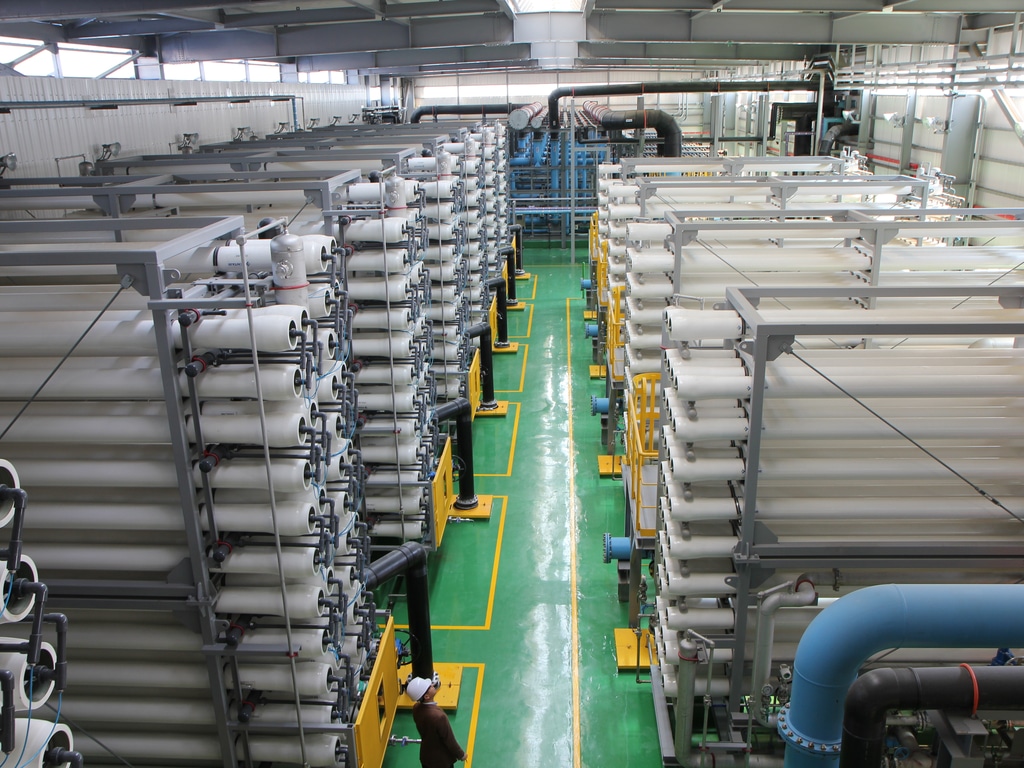Here we go again for the seawater desalination project of Tighremt, in the wilaya of Bejaia, in northern Algeria. The authorities of the wilaya announced the selection of a new site for the construction of the future station. The land covers an area of 21 hectares in Tighremt, in the municipality of Toudja, unlike the former site of 14 hectares identified in 2018. The search for this space will have taken longer than expected.
The Algerian Water (ADE) which will ensure the construction of the future desalination plant can now conduct studies to launch the work. The public company will have 36 months from the start date to deliver the new plant. According to the Algerian authorities, the plant will have a production capacity of 50,000 m3 of drinking water per day, and may reach 100,000 m3 per day in the future.
Securing the supply of drinking water
The Algerian Ministry of Water Resources has allocated 12 billion Algerian dinars (more than 76 million euros) for the completion of the various works. In the wilaya of Bejaia, the councils of Beni Ksila, Taourirt Ighil, Adekar, Boulimat and Amtik will be served from the future desalination plant. The ADE estimates the current rate of connection of households in Bejaia to the drinking water network at 95%, for 145 m3 of water distributed per day and per person. The populations are supplied from more than 1000 reservoirs. The facilities store 221,105 m3 of water from a 120,000 m3 per day drinking water plant. The raw water is pumped from the Tichy Haf dam, inaugurated in 2006 with a storage capacity of 81 million m3.
Read also- AFRICA: desalination now at the heart of water supply strategies
Through this project, the Algerian government also wants to alleviate the effects of water stress, caused by the drought that affects 18 wilayas out of the 48 in the North African country. In addition to Béjaïa, the wilayas of Oran (Cap Blanc), Tipaza (Fouka), Bourmedes (Cap Djinet) and El Tarf will have seawater desalination plants.
Inès Magoum
